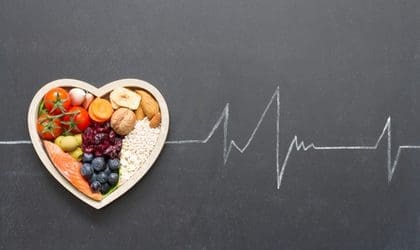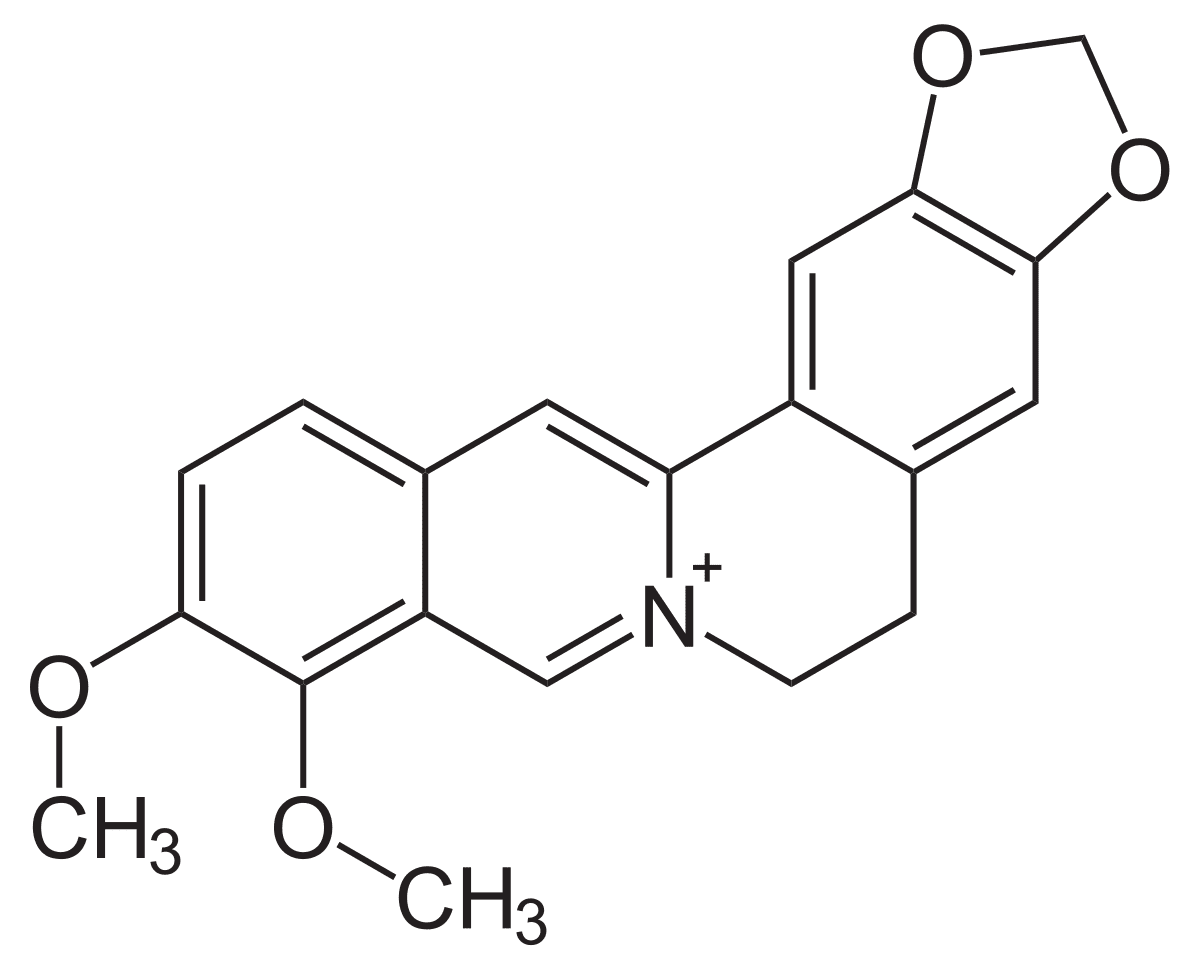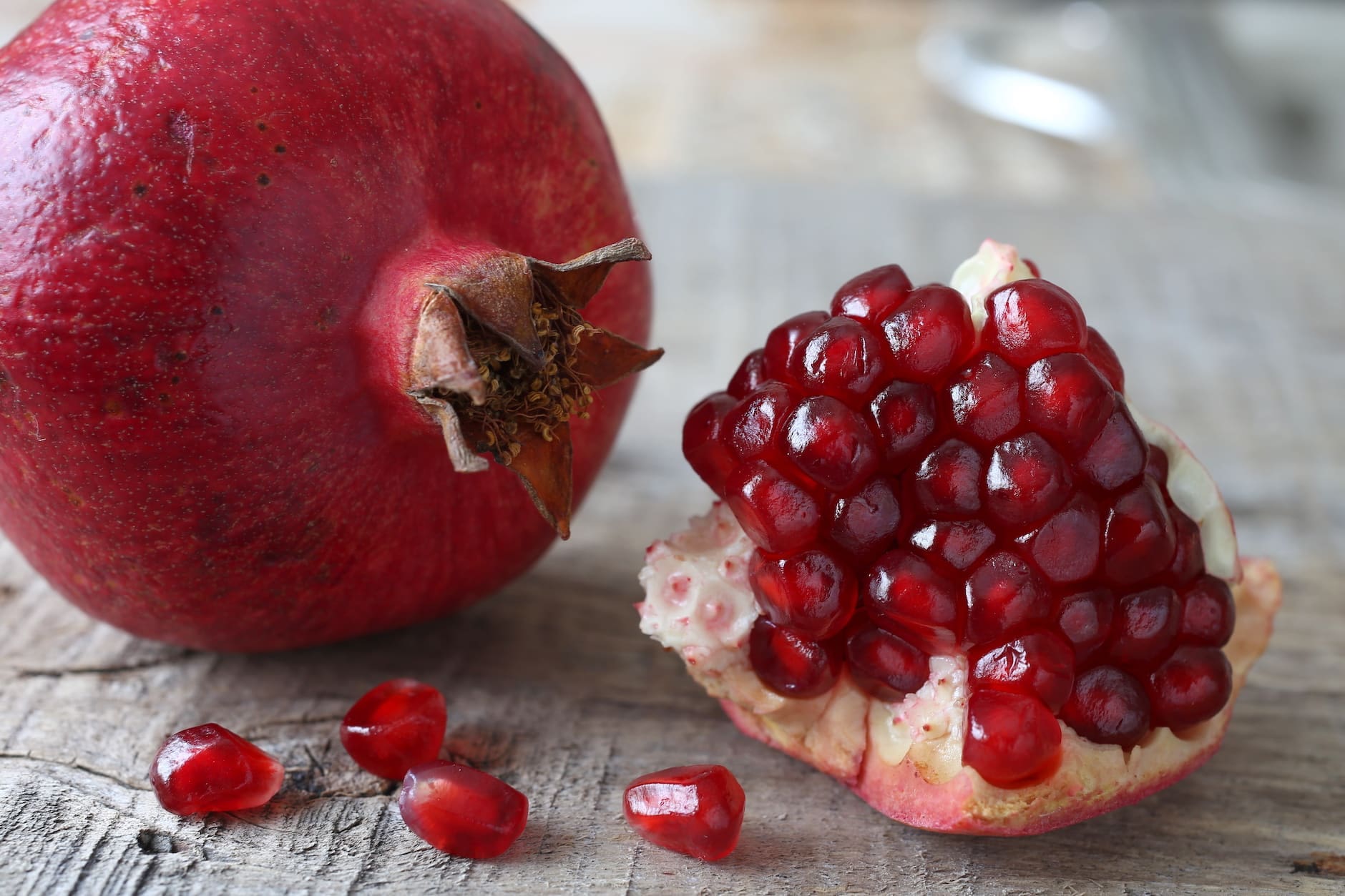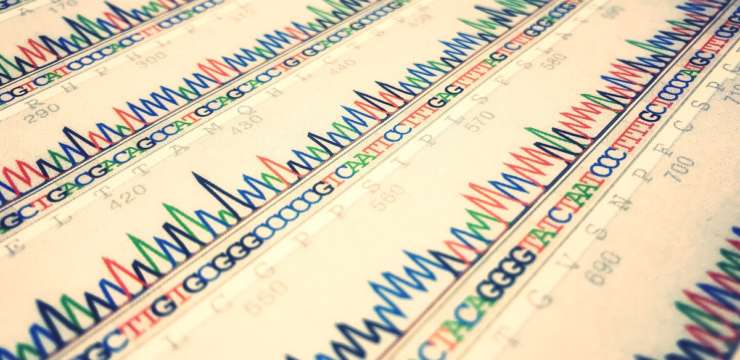
Table of Contents
Introduction
In the cardiovascular system, the heart’s main purpose is to pump blood throughout the entire body and to transport nutrients, hormones, and oxygen to the necessary musculoskeletal tissues and organs that need to do their job properly. When there are pathogens that enter the body, whether it is a poor lifestyle or poor nutrition that can cause the body to develop chronic illnesses, it can cause damage to the cardiovascular system. Some of the cardiovascular disease risk factors like dyslipidemia can disrupt the body’s blood flow throughout the body. In this 2 part series, we will be taking a look at what nutraceuticals are used to dampen the effects of dyslipidemia. In part 1, we discussed what dyslipidemia is, its symptoms, and how chronic inflammatory macro-and micronutrients can affect the cardiovascular system. By referring patients to qualified and skilled providers who specialized in cardiovascular services. To that end, and when appropriate, we advise our patients to refer to our associated medical providers based on their examination. We find that education is the key to asking valuable questions to our providers. Dr. Alex Jimenez DC provides this information as an educational service only. Disclaimer
Can my insurance cover it? Yes, in case you are uncertain here is the link to all the insurance providers we cover. If you have any questions, please call Dr. Jimenez at 915-850-0900.
What Does Dyslipidemia Do To The Body?
In part 1, dyslipidemia is where the lipid levels in the blood are either too high or too low in the bloodstream. As research shows when individuals are getting a routine blood test from their primary healthcare provider, they are unaware that they may have dyslipidemia. If it gets severe or untreated, dyslipidemia can lead to other cardiovascular diseases like coronary artery disease and peripheral artery disease.
Dyslipidemia Factors
Research shows that dyslipidemia is an imbalance of lipids in the body that can cause a variety of disorders that can affect the body and can be classified into five categories. When there is an imbalance of lipids in the bloodstream, it is due to many factors that can cause dyslipidemia to go unnoticed until it is severe and it leads to cardiovascular disease with severe complications. These factors can be:
- Poor diet
- Tobacco exposure
- Physical inactivity
- Obesity
- Genetics
HCTP Therapy
Stem cells* or HCTP (human cellular tissue products) are used in regenerative cellular treatments that are located both nationally and internationally affiliated clinics and distribution organizations. HCTP‘s main job is to help boost the body’s own natural healing process while also repairing and regenerating damaged cells, tissues, and organs back to their original state in the body.
Nutraceuticals For Dyslipidemia
Surprisingly there are many ways to lower dyslipidemia and even lower cholesterol for the heart. Research shows that the role of nutraceuticals has the ability to lower LDL-C (low-density lipoprotein cholesterol) and when it is combined with a lipid-lowering diet can even lower inflammation, oxidative stress, cardiovascular diseases, and improve immune response. Some of the nutraceuticals that can help lower dyslipidemia include:
- Red yeast rice
- Berberine
- PomegranateÂ
Red Yeast Rice
Used in traditional Chinese medicine, red yeast rice is a diet staple in Asia. Studies have found that red yeast rice has been used as an alternative to statin therapy for individuals who have mild to moderate hypercholesterolemia. Other studies have shown that red yeast rice contains lovastatin and can help lower cholesterol levels by making sure that the intestines don’t absorb the cholesterol and are secreting the cholesterol out of the body through the stool.
Berberine
Since hyperlipidemia and dyslipidemia are two of the major risk factors for cardiovascular diseases, berberine can actually dampen the effects of these two risk factors from rising in the body. Studies have found that berberine has been used in Chinese medicine and can actually treat many different conditions like type 2 diabetes and hypertension in the body. Other studies also found that berberine has a great impact on lowering total cholesterol, LDL-C, HDL, and triglycerides in the body.
Pomegranate
Pomegranates are filled with antioxidants that can help lower cardiovascular diseases. Since all berries and fruits that contain polyphenols help lower the risk of inflammation in the body, consuming pomegranates in juice form or by eating the fruit itself does wonder for the body. Studies have shown that concentrated pomegranate juice can help improve the lipid profiles of diabetics that have hyperlipidemia. By adding pomegranates into a heart-healthy diet can provide the necessary nutrients for the body and lower the risk of cardiovascular disease.
Research has been shown that pomegranate has a huge amount of beneficial properties that can help the body not only lower inflammation in the body with its antioxidants but with more than 100 phytochemicals that can help lower the risk of dyslipidemia from rising. Other beneficial properties that pomegranate can provide include:
- Cancer prevention
- Improve digestion
- Reduce the effects of arthritis
- Lowers blood pressure
- Decrease insulin resistance
Conclusion
By incorporating some of these nutraceuticals into a heart-healthy diet can help lower cardiovascular diseases. By making small changes to a person’s lifestyle, eating whole nutritional food, taking multi-vitamins, and exercising can provide the individual a new outlook in life and even get rid of ailments that have caused them pain. When there are unwanted pathogens that can affect the body and the organs causing chronic symptoms rise over time making the person’s life miserable. When they start making these small changes in their life they can recover their sense of fulfillment in the world pain-free.
References
Bertuccioli, Alexander, et al. “Berberine and Dyslipidemia: Different Applications and Biopharmaceutical Formulations without Statin-like Molecules-a Meta-Analysis.†Journal of Medicinal Food, U.S. National Library of Medicine, 23 Aug. 2019, pubmed.ncbi.nlm.nih.gov/31441678/.
Burke, Frances M. “Red Yeast Rice for the Treatment of Dyslipidemia.†Current Atherosclerosis Reports, U.S. National Library of Medicine, Apr. 2015, pubmed.ncbi.nlm.nih.gov/25728312/.
Esmailzadeh, Ahmad, et al. “Concentrated Pomegranate Juice Improves Lipid Profiles in Diabetic Patients with Hyperlipidemia.†Journal of Medicinal Food, U.S. National Library of Medicine, 2004, pubmed.ncbi.nlm.nih.gov/15383223/.
Houston, Mark. “The Role of Nutraceutical Supplements in the Treatment of Dyslipidemia.†Journal of Clinical Hypertension (Greenwich, Conn.), U.S. National Library of Medicine, 17 Jan. 2012, pubmed.ncbi.nlm.nih.gov/22277145/.
Huizen, Jennifer. “Dyslipidemia: Causes, Symptoms, and Treatment.†Medical News Today, MediLexicon International, 17 May 2018, www.medicalnewstoday.com/articles/321844.
Koppen, Laura M, et al. “Efficacy of Berberine Alone and in Combination for the Treatment of Hyperlipidemia: A Systematic Review.†Journal of Evidence-Based Complementary & Alternative Medicine, SAGE Publications, Oct. 2017, www.ncbi.nlm.nih.gov/pmc/articles/PMC5871262/.
Medical Professionals, Cleveland Clinic. “Red Yeast Rice and Plant Stanols for Cholesterol Reduction.†Cleveland Clinic, 2022, my.clevelandclinic.org/health/articles/17417-cholesterol-reduction-red-yeast-rice-and-plant-stanols.
Pappan, Nikos, and Anis Rehman. “Dyslipidemia.†StatPearls [Internet]., U.S. National Library of Medicine, 15 July 2021, www.ncbi.nlm.nih.gov/books/NBK560891.
Disclaimer
Disclaimers
Professional Scope of Practice *
The information herein on "Integrative Nutraceutical Approach To Dyslipidemia | Part 2" is not intended to replace a one-on-one relationship with a qualified health care professional or licensed physician and is not medical advice. We encourage you to make healthcare decisions based on your research and partnership with a qualified healthcare professional.
Blog Information & Scope Discussions
Welcome to El Paso's wellness blog, where Dr. Alex Jimenez, DC, FNP-C, a board-certified Family Practice Nurse Practitioner (FNP-C) and Chiropractor (DC), presents insights on how our team is dedicated to holistic healing and personalized care. Our practice aligns with evidence-based treatment protocols inspired by integrative medicine principles, similar to those found on dralexjimenez.com, focusing on restoring health naturally for patients of all ages.
Our areas of chiropractic practice include Wellness & Nutrition, Chronic Pain, Personal Injury, Auto Accident Care, Work Injuries, Back Injury, Low Back Pain, Neck Pain, Migraine Headaches, Sports Injuries, Severe Sciatica, Scoliosis, Complex Herniated Discs, Fibromyalgia, Chronic Pain, Complex Injuries, Stress Management, Functional Medicine Treatments, and in-scope care protocols.
Our information scope is limited to chiropractic, musculoskeletal, physical medicine, wellness, contributing etiological viscerosomatic disturbances within clinical presentations, associated somato-visceral reflex clinical dynamics, subluxation complexes, sensitive health issues, and functional medicine articles, topics, and discussions.
We provide and present clinical collaboration with specialists from various disciplines. Each specialist is governed by their professional scope of practice and their jurisdiction of licensure. We use functional health & wellness protocols to treat and support care for the injuries or disorders of the musculoskeletal system.
Our videos, posts, topics, subjects, and insights cover clinical matters, issues, and topics that relate to and directly or indirectly support our clinical scope of practice.*
Our office has reasonably attempted to provide supportive citations and has identified the relevant research studies or studies supporting our posts. We provide copies of supporting research studies available to regulatory boards and the public upon request.
We understand that we cover matters that require an additional explanation of how they may assist in a particular care plan or treatment protocol; therefore, to discuss the subject matter above further, please feel free to ask Dr. Alex Jimenez, DC, APRN, FNP-BC, or contact us at 915-850-0900.
We are here to help you and your family.
Blessings
Dr. Alex Jimenez DC, MSACP, APRN, FNP-BC*, CCST, IFMCP, CFMP, ATN
email: coach@elpasofunctionalmedicine.com
Licensed as a Doctor of Chiropractic (DC) in Texas & New Mexico*
Texas DC License # TX5807
New Mexico DC License # NM-DC2182
Licensed as a Registered Nurse (RN*) in Texas & Multistate
Texas RN License # 1191402
ANCC FNP-BC: Board Certified Nurse Practitioner*
Compact Status: Multi-State License: Authorized to Practice in 40 States*
Graduate with Honors: ICHS: MSN-FNP (Family Nurse Practitioner Program)
Degree Granted. Master's in Family Practice MSN Diploma (Cum Laude)
Dr. Alex Jimenez, DC, APRN, FNP-BC*, CFMP, IFMCP, ATN, CCST
My Digital Business Card









